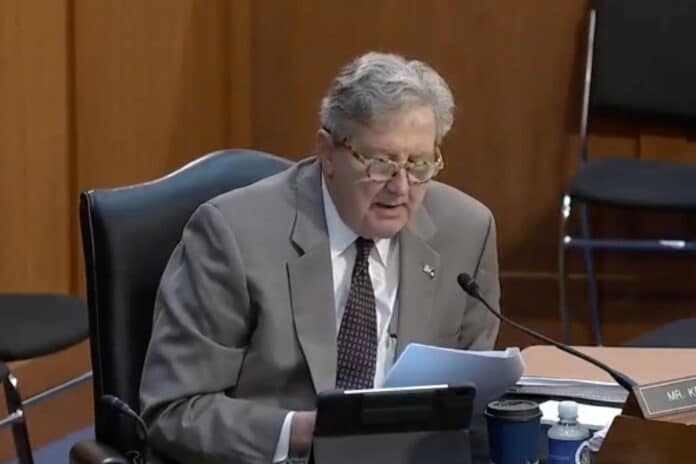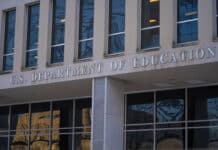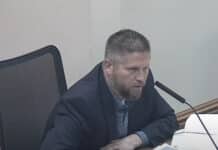
(The Center Square) — The books being made available to children in public schools and libraries was the topic of a U.S. Senate Judiciary Committee hearing Tuesday, with an Illinois law thrust into the spotlight.
Illinois Secretary of State Alexi Giannoulias testified before the committee to explain the legislation. Beginning next year, Illinois will withhold tax dollars from public libraries that limit what types of books are available.
“This legislation is important because both the concept and practice of banning books contradicts the very essence of what our country stands for and what our democracy was founded on,” Giannoulias said.
Sen. Kennedy reads passages from pornographic books Genderqueer and All Boys are Blue.
The Illinois Sec. of State Alexi Giannoulias responds by saying "those words are disturbing coming from your mouth."
His state's new law stops parents from being able to remove it from… pic.twitter.com/eDehdhctQL
— Greg Price (@greg_price11) September 12, 2023
Republicans have taken issue with the definition of book bans adopted by Pen America, which said books being pulled off the shelves in schools for review constitutes a ban.
“This is not a ban. This is about schools deciding what’s appropriate for school children, and sexually explicit and obscene, pornographic material isn’t appropriate,” U.S. Sen. Mike Lee, R-Utah, said.
The hearing took a racy turn when U.S. Sen. John Kennedy, R-La., read passages from a couple books, including a profane paragraph from “Gender Queer,” which has appeared on Pen America’s banned book list.
“No one is advocating for sexually explicit content to be available in an elementary school library or in the children’s section of the library,” said committee chair U.S. Sen. Dick Durbin, D-Ill. “That is a distraction from the real challenge.”
Nicole Neely, president of the organization Parents Defending Education, testified that some school boards have been hypocritical when it comes to certain racy books that are readily available to school children.
“School boards across the country cut the microphone on parents who read passages from these books stating, ‘This is inappropriate, there are children in the room’ yet those same books are being provided to children in schools,” Neely said.
The American Library Association reports the number of book challenges nationwide dramatically increased between 2021 and 2022.
















